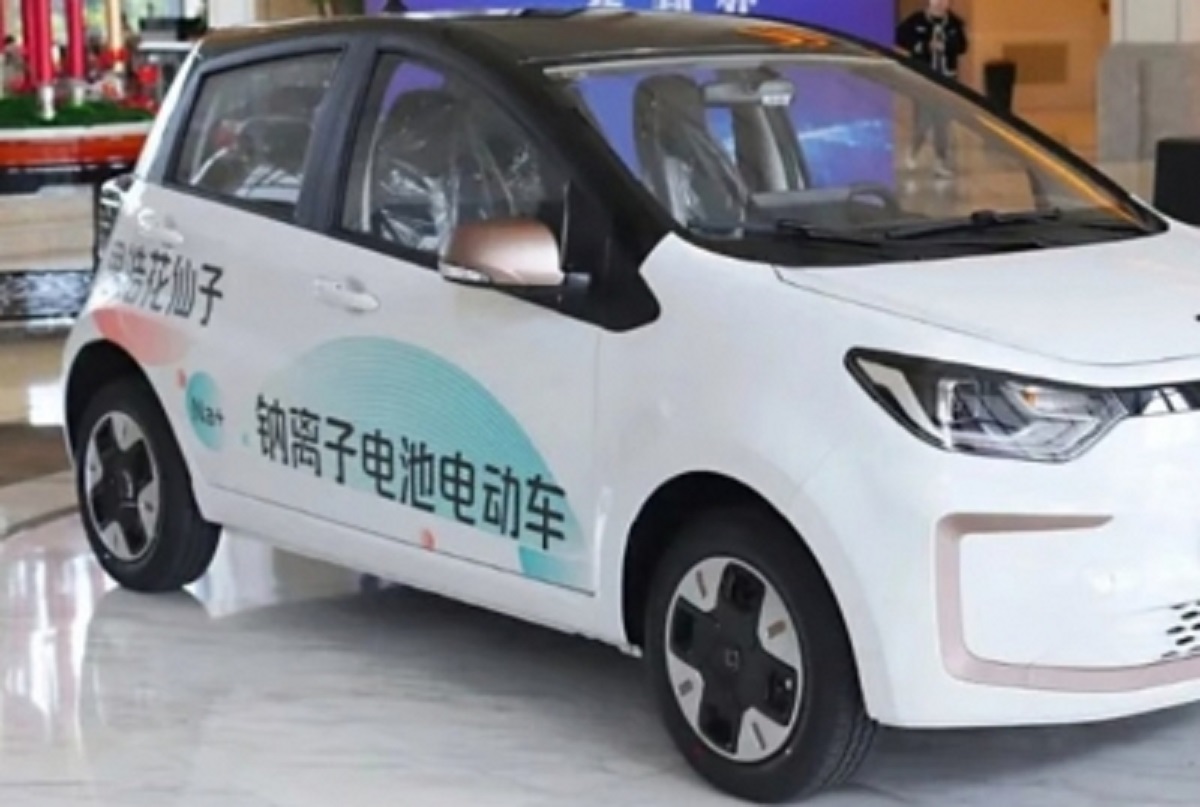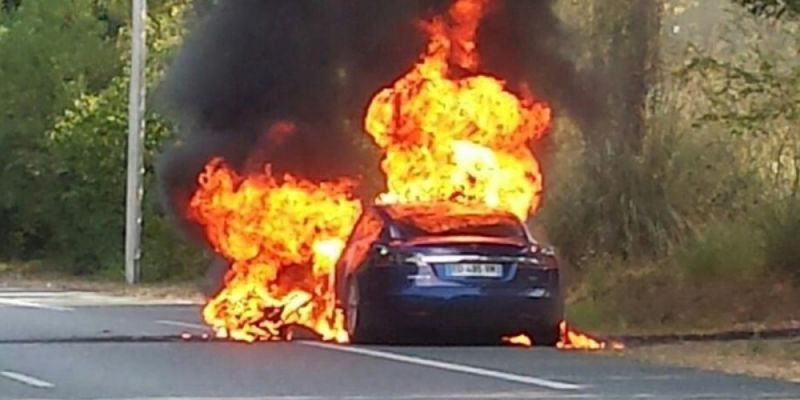beijingwalker
ELITE MEMBER

- Joined
- Nov 4, 2011
- Messages
- 65,187
- Reaction score
- -55
- Country
- Location
Chinese EV maker showcases world’s 1st car powered by sodium-ion battery
Chinese EV maker JAC has showcased the world’s first electric vehicle (EV) that is powered by a cheaper sodium-ion battery which could help reduce the cost of future EVs by 10 per cent, the media reported on Friday.
February 24, 2023 5:15 pm
Chinese EV maker JAC has showcased the world’s first electric vehicle (EV) that is powered by a cheaper sodium-ion battery which could help reduce the cost of future EVs by 10 per cent, the media reported on Friday.
Sodium-ion batteries use cheaper raw materials and can offer EV makers an alternative to existing technologies that rely on lithium and cobalt as the main ingredients.
The sodium-ion battery was developed by Beijing-based startup Hina Battery Technologies, reports South China Morning Post.
The JAC EV is fitted with a 25 kilowatt-hour (kWh) battery that can go as far as 250 kms on a single charge, Hina said in a statement.
“A surge in lithium carbonate prices last year made many battery manufacturers and downstream users face ever-rising cost pressures,” Hina said.
“Therefore, sodium-ion batteries offering better cost-performance, high safety as well as excellent cycle performance, have been widely expected as the most promising alternative to lithium-ion batteries.”
Sodium-ion batteries have lower density than their lithium-ion counterparts. These batteries have advantages such as low-temperature performance and charging speed.
Hina, founded in 2017, engages in the development and commercialisation of sodium-ion batteries.
Meanwhile, Chinese electric carmaker BYD is expanding operations overseas, setting a unit sales target for 2023 to overtake Elon Musk-run Tesla.
Operating in more than 40 nations, BYD plans to sell nearly two million EVs this year, including in Japan and countries in Southeast Asia and Europe, according to a Nikkei Asia report.
In December last year, BYD Auto remained the global market leader, shipping more than 5,37,000 EV units — an increase of 197 per cent (on-year).
The global electric vehicle (EV) charging revenue is likely to exceed $300 billion by 2027, up from $66 billion in 2023, a report said this week.
According to Juniper Research, the total number of plug-in vehicles will surpass 137 million globally by 2027, up from 49 million in 2023.

Chinese EV maker showcases world's 1st car powered by sodium-ion battery
Chinese EV maker JAC has showcased the world's first electric vehicle (EV) that is powered by a cheaper sodium-ion battery which could help reduce the cost of future EVs by 10 per cent, the media reported on Friday.








